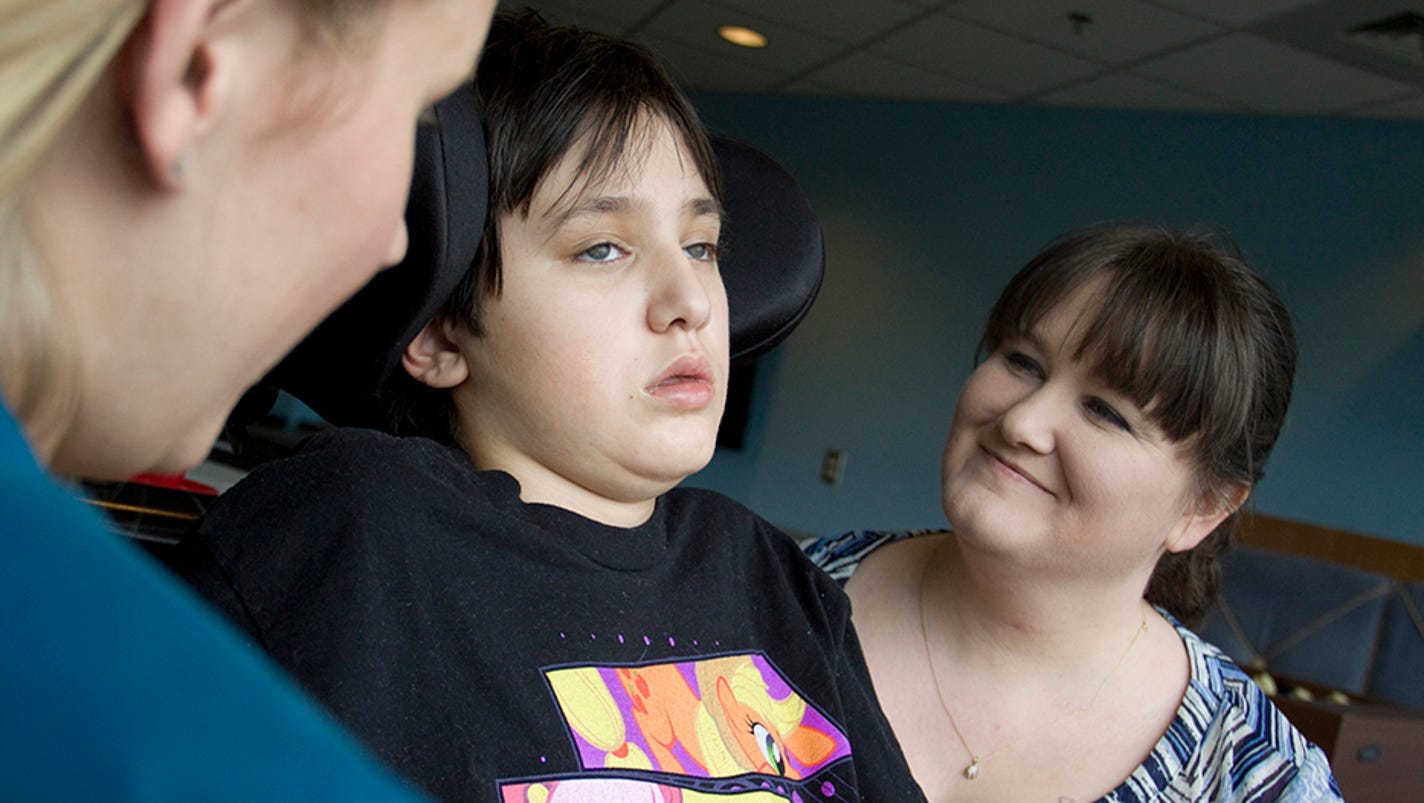Understanding The Emotional Turmoil: When My Ex Committed Suicide
When someone close to us experiences such a profound loss, the emotional weight can be overwhelming. The phrase "my ex committed suicide" carries a heavy burden, evoking a range of emotions including shock, grief, guilt, and confusion. It is not just a personal tragedy but also a complex emotional journey that affects those left behind. Understanding the reasons, coping with the loss, and finding ways to heal are essential steps in this difficult process.
Experiencing the loss of an ex-partner to suicide is a deeply personal and challenging experience. It brings about questions that may never have answers, leaving individuals to grapple with their own emotions and memories. While it's a sensitive and delicate subject, opening up the conversation can provide much-needed support for those navigating this journey. This article aims to explore the complexities of this situation, offering insights, resources, and guidance for healing.
It's important to approach the topic of "my ex committed suicide" with empathy and care. By discussing the psychological, emotional, and social aspects of suicide, we can foster a better understanding of its impact on relationships and individuals. This article will delve into the nuances of grief, self-care, and seeking professional help while maintaining a focus on providing value to readers who might be searching for answers during this difficult time.
Read also:How Much Does Haiden Deegan Earn A Comprehensive Breakdown Of His Earnings
Table of Contents
- Bio Details of the Individual
- What Are the Common Reactions to Losing an Ex to Suicide?
- How Do You Cope When My Ex Committed Suicide?
- Why Is It Important to Seek Professional Help?
- Understanding the Stages of Grief
- Memorializing the Life of My Ex
- My Ex Committed Suicide: How Can I Handle the Guilt?
- What Are Some Ways to Support Friends in Similar Situations?
- Building Resilience After Loss
- Conclusion: Moving Forward with Compassion
Bio Details of the Individual
Before delving into the complexities of the situation, it's essential to understand the individual involved. Below is a brief overview of the person whose life was tragically cut short:
| Name | [Name] |
|---|---|
| Date of Birth | [Date] |
| Place of Birth | [Place] |
| Interests | [Interests] |
| Career | [Career] |
What Are the Common Reactions to Losing an Ex to Suicide?
Losing an ex-partner to suicide can evoke a wide range of emotions. Many people experience shock, disbelief, and a sense of numbness initially. Over time, these feelings may evolve into sadness, anger, guilt, and even relief, depending on the nature of the relationship. It's crucial to recognize that there is no "right" way to feel in this situation. Each person's reaction is unique, and it's okay to process emotions at your own pace.
How Do You Cope When My Ex Committed Suicide?
Coping with such a profound loss requires patience, self-compassion, and support. Here are some strategies that might help:
- Allow Yourself to Grieve: Acknowledge your emotions and give yourself permission to feel them fully.
- Reach Out for Support: Lean on friends, family, or support groups who understand what you're going through.
- Engage in Self-Care: Prioritize activities that bring you comfort and peace, whether it's exercise, journaling, or meditation.
Why Is It Important to Seek Professional Help?
While friends and family can provide emotional support, professional help from therapists or counselors trained in grief counseling can be invaluable. They can offer tools and techniques to navigate the complexities of grief, especially when dealing with the aftermath of "my ex committed suicide." Therapy can also help address unresolved issues or lingering guilt that might arise from the relationship.
My Ex Committed Suicide: How Can I Handle the Guilt?
Guilt is a common emotion following a suicide, particularly if there were unresolved conflicts or unspoken words in the relationship. It's important to remember that suicide is rarely caused by a single factor or person. Guilt often stems from hindsight bias, where individuals replay events in their minds, searching for signs they might have missed. Speaking with a counselor or therapist can help you work through these feelings and gain perspective.
Understanding the Stages of Grief
The stages of grief—denial, anger, bargaining, depression, and acceptance—are not linear, and everyone experiences them differently. When someone says "my ex committed suicide," they may find themselves oscillating between these stages repeatedly. Recognizing this process can help normalize the experience and reduce feelings of isolation.
Read also:Oilers Fan Flash Uncut Your Ultimate Guide To The Unofficial Anthem
Memorializing the Life of My Ex
Creating a tribute or memorial for your ex can be a meaningful way to honor their life and begin the healing process. This could involve planting a tree, setting up a scholarship fund, or compiling a photo album. By focusing on the positive aspects of their life, you can shift the narrative from loss to celebration.
What Are Some Ways to Support Friends in Similar Situations?
If a friend or loved one has experienced the loss of an ex to suicide, offering support can make a significant difference. Be present, listen without judgment, and avoid clichés like "time heals all wounds." Instead, ask how you can help and provide practical assistance, such as running errands or simply being there to talk.
Building Resilience After Loss
Resilience is the ability to adapt and grow in the face of adversity. While the pain of losing an ex to suicide may never fully fade, building resilience can help you move forward with purpose. Focus on cultivating healthy habits, maintaining connections with loved ones, and pursuing passions that bring joy and fulfillment.
Conclusion: Moving Forward with Compassion
Losing an ex-partner to suicide is an incredibly challenging experience, but it doesn't have to define your life. By understanding the emotions involved, seeking support, and practicing self-care, you can begin to heal and find meaning in the aftermath of "my ex committed suicide." Remember, you are not alone, and there are resources and people ready to help you through this journey.
In conclusion, the process of healing is ongoing, and it's okay to take it one day at a time. Embrace compassion—for yourself and others—and allow yourself the space to grow and evolve. With time, you'll discover strength you never knew you had.


